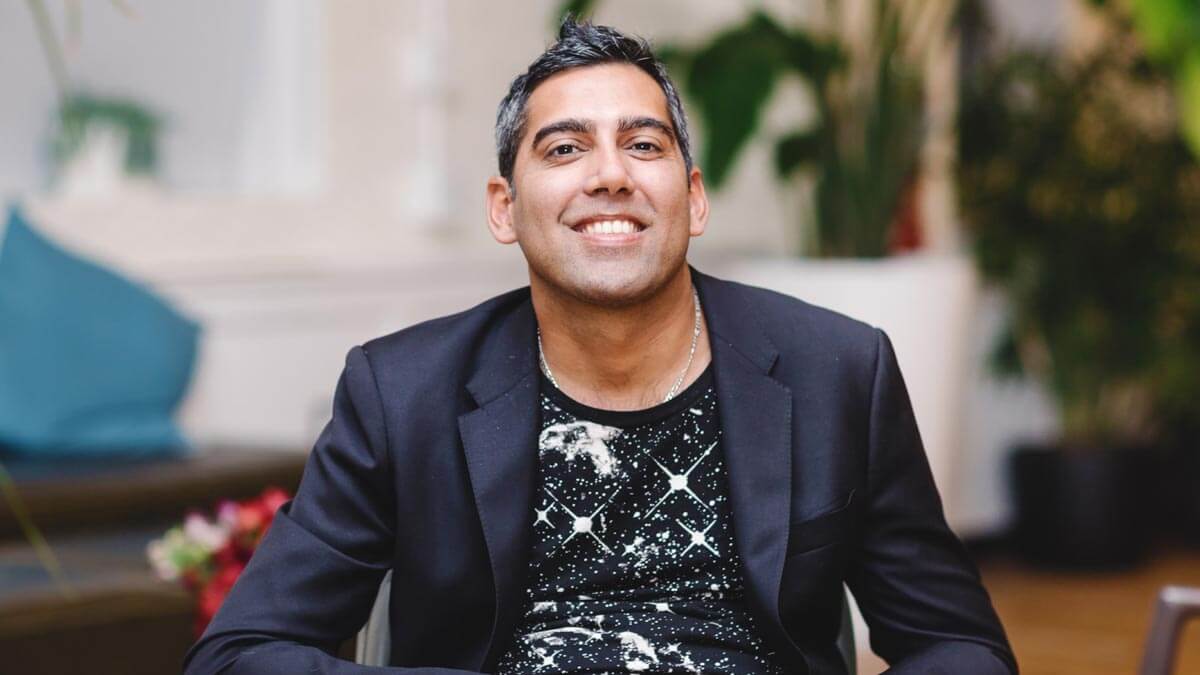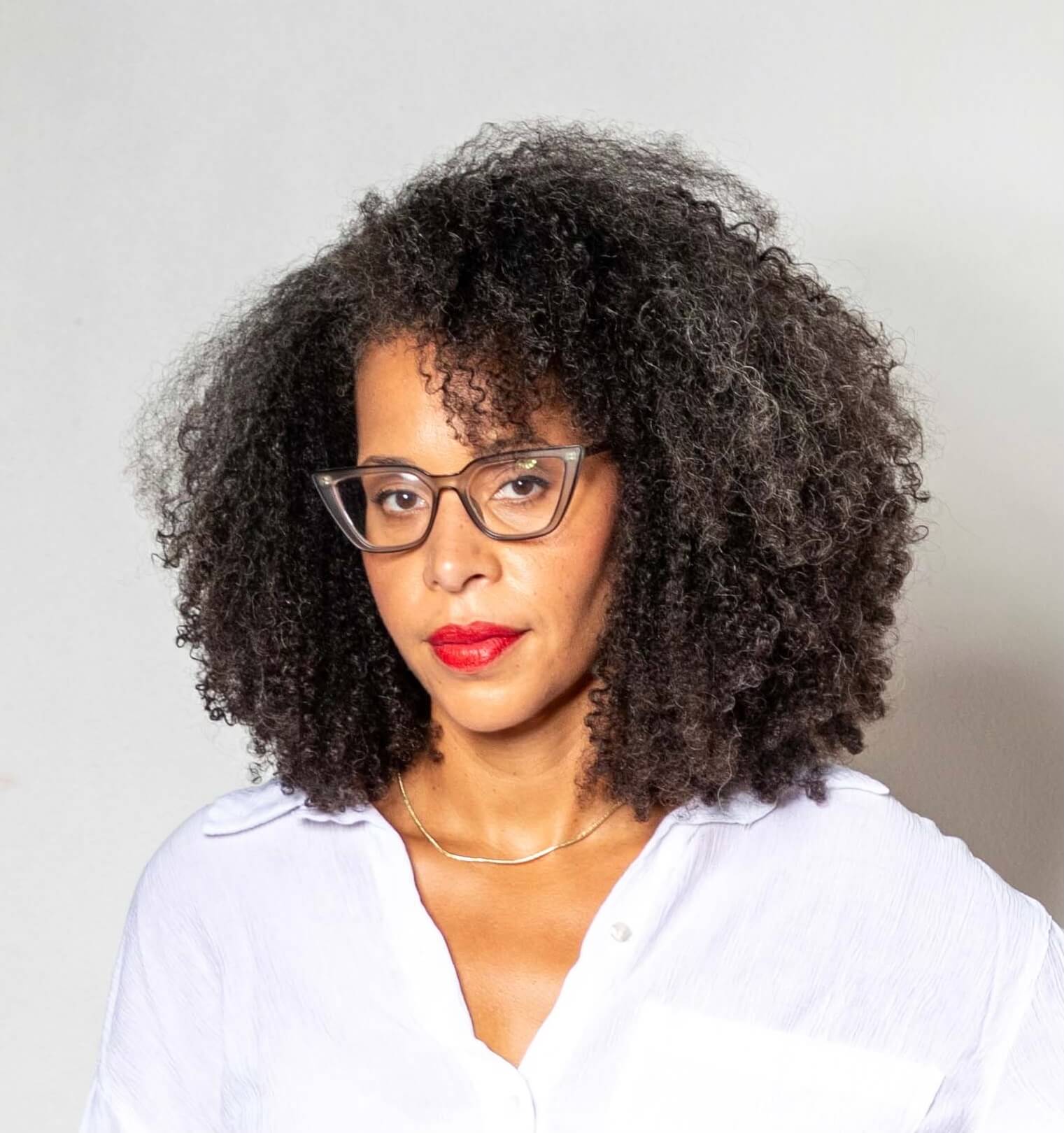Changing the Story of Documentary Film
When Sabaah Folayan traveled to Ferguson, Missouri, in 2014, her initial plan was to help a community traumatized by the police killing Michael Brown. Setting out from New York City with other young activists, she intended to set up job fairs and food kitchens and join demonstrations.
Instead, she and a Columbia University classmate with a camera realized that an urgent story needed telling. The story would give context to the protest movement in Ferguson and its relationship to the larger struggle for Black liberation in the face of historical and structural discrimination.
“Immediately we saw there was a story that wasn't being told,” Folayan said. “So we just started gathering footage without really any clear plan for where it would end up.”
That footage ended up becoming Whose Streets?, an award-winning documentary film screened at the Sundance Film Festival and released in theaters. Its success is all the more remarkable because Folayan, a year out of premed studies in college, had no filmmaking background.
A collaborator who became a producer on the project led her to Firelight Media, a nonprofit organization which helps documentary filmmakers of color and other underrepresented communities build their careers, with a particular interest in emerging talent like Folayan.
Firelight awarded a grant to her and a filmmaking team that formed in what Folayan called “a unique and organic way”—her classmate Lucas Alvarado-Farrar, who became the film’s cinematographer; and St. Louis visual artist and musician Damon Davis, who became co-director. Through Firelight’s Documentary Lab, they had access to advanced training, as well as mentorship and networking with industry professionals, including from HBO and Netflix.
“It was like a film boot camp for us, and we learned what it took to make a film, what it took to get a film distributed,” said Folayan, who went on to become interim director of the Documentary Lab. “I don't see us having made that movie without [Firelight’s] support.”
Leveraging a Network
Firelight, celebrating its 25th anniversary in 2025, was founded by husband-and-wife filmmakers Marcia Smith and MacArthur Fellow Firelight’s oldest and best-known program is its Documentary Lab, an 18-month fellowship that includes a $25,000 project grant for filmmakers producing their first or second feature.
Besides financial support and technical assistance, Firelight’s signature feature is its community of artists, including hundreds of program alumni, offering filmmakers mentorship and feedback.
, initially as a network to build support for themselves.
“Then the question became, how do we pass along what we're learning and our experience to other people?” Smith said. “How do we build a platform for other people to be able to sustain themselves while they make documentary film?”
Firelight’s programs have supported more than 250 filmmakers, for whom Firelight remains a lifelong network of collaborators and industry connections. Over the years, Firelight has leveraged that network to provide opportunities and resources to documentary filmmakers by forming partnerships with prominent public media programs and organizations. Those collaborations include the FRONTLINE/Firelight Fellowship for investigative documentary filmmaking, and the In the Making documentary short film series, produced in partnership with WNET's AMERICAN MASTERS.
The Firelight network is breaking down barriers for Black people, Indigenous people, and people of color (BIPOC) who are filmmakers. Those barriers start with film school.
“BIPOC producers have a history of learning the craft, not in film school, but from community media organizations,” Smith said. “These organizations started to help people tell real stories related to their communities and to the struggle for social justice in the ’70s.”
[...]
Following its founders’ lead, Firelight-supported filmmakers are elevating important, lesser-told stories.
Since his diagnosis with primary progressive multiple sclerosis at age 25, Jason DaSilva has focused his filmmaking on the lives of people with disabilities—including his own in the 2013 film When I Walk. One of the first filmmakers to receive Firelight support, DaSilva remembered Nelson coming to his house, where for hours they went frame-by-frame through the film, shot over seven years.
“He really took me under his wing and showed me the ropes of documentary filmmaking,” DaSilva said of Nelson. “That was really invaluable for me.”
After seeing no one like himself on the film festival circuit, DaSilva formed his own organization, AXS Film Fund, which supports filmmakers with disabilities, particularly from underserved or underrepresented communities.
He receives so many email messages from disabled viewers expressing gratitude for his films that he needs an assistant to help answer them.
“It’s really important to tell those stories,” he said.




STAY CONNECTED









